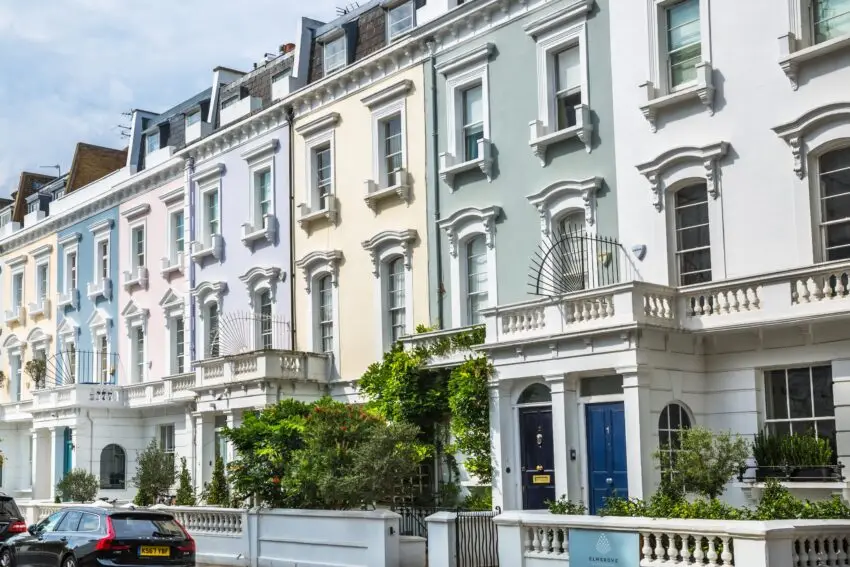A radical proposal to replace council tax, stamp duty, and business rates with a flat annual tax on land value is garnering support from across the political spectrum.
The concept, reminiscent of an early 20th-century idea by Winston Churchill and David Lloyd George, suggests a flat annual tax on land value. Notably, this proposal has found supporters in unlikely quarters, including John McDonnell, the former Labour shadow chancellor, and Tim Leunig, a former adviser to Rishi Sunak. Campaign group Fairer Share is mobilising cross-party MPs and peers to urge Chancellor Rachel Reeves to consider this reform, which advocates argue could stimulate economic growth and generate substantial revenue for the Treasury.
The rationale behind this proposal is that taxing land rather than property could resolve current system inefficiencies and inequalities. For example, council tax rates are still based on property valuations from 1991, leading to significant regional disparities. In affluent areas such as Westminster, residents pay substantially less in council tax compared to those in deprived regions like Hartlepool. The proposed land tax would be a flat rate, potentially set at 0.48% of a home’s value, applied uniformly across the country. Analysis by Fairer Share indicates that 77% of homeowners would benefit from lower taxes, while wealthier areas such as Kensington and Wimbledon would face higher bills. To facilitate the transition, it has been suggested that wealthier households could have their additional costs capped until they sell their property, at which point they would benefit from not paying stamp duty.
Nevertheless, the proposal does come with potential risks. Critics warn that a sudden implementation of a land tax could lead to a significant drop in property prices, particularly in affluent areas, thereby destabilising the housing market. However, the proposal’s momentum continues to build as both left-leaning and right-leaning political figures recognise the current system’s inefficiencies. Supporters assert that bold reform is necessary now. With Labour’s substantial majority and growing cross-party support, individuals such as Charles Goodhart, a former Bank of England economist, believe Rachel Reeves has “the best chance since Lloyd George” to implement this change.
Despite this growing support, doubts remain about whether the Chancellor will take this opportunity. Although Labour’s manifesto does not mention a land tax, the mounting pressure and the urgent need for economic growth may make this radical idea more appealing to Reeves as she contends with a £22 billion gap in public finances. Regardless of whether this proposal is enacted, the ongoing debate signifies a substantial shift in how the UK might approach property taxation in the future, potentially having long-term impacts on the economy and housing market.
The debate around a radical land tax proposal represents a significant potential shift in UK property taxation, with substantial implications for economic growth and housing market stability. The support across the political spectrum highlights the urgency and the boldness of this initiative.

